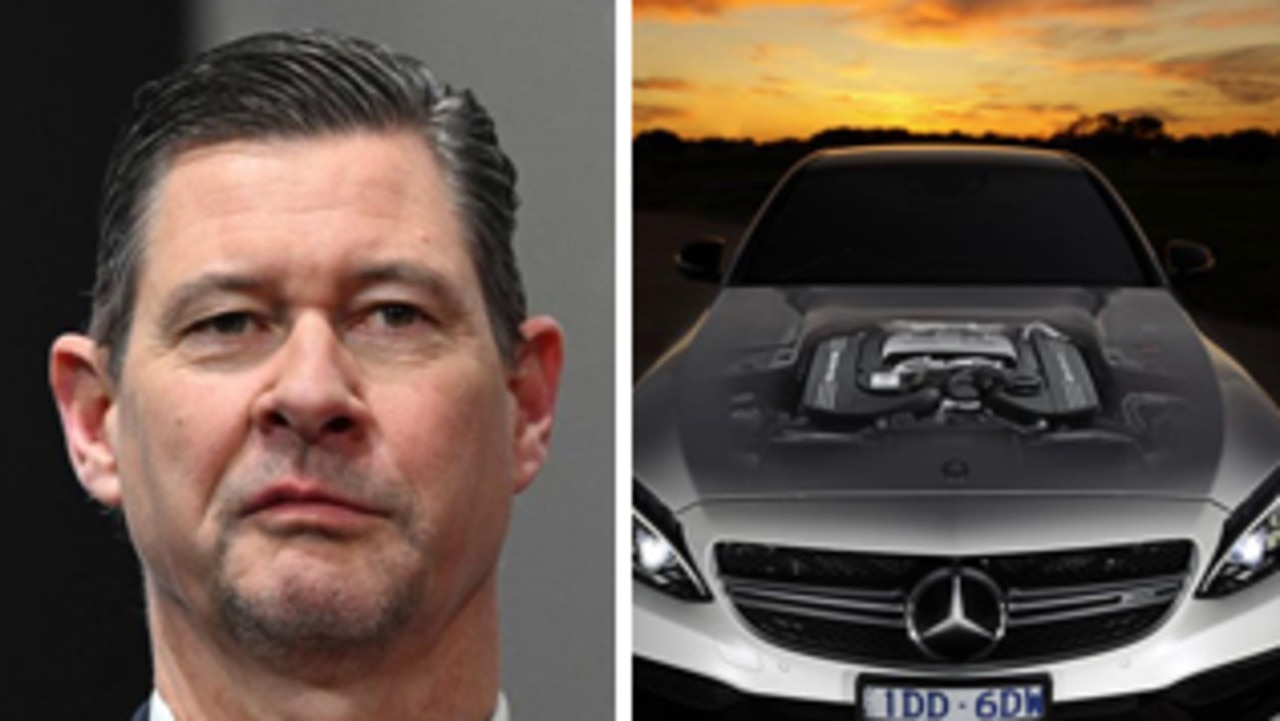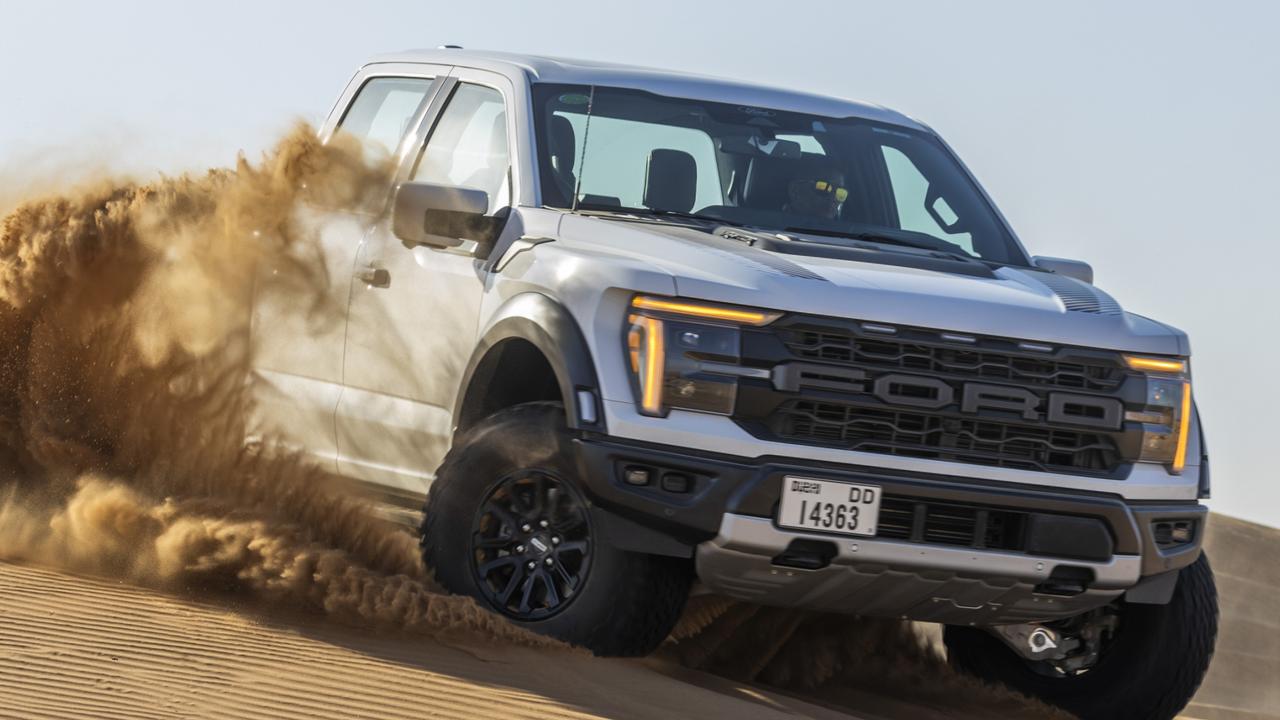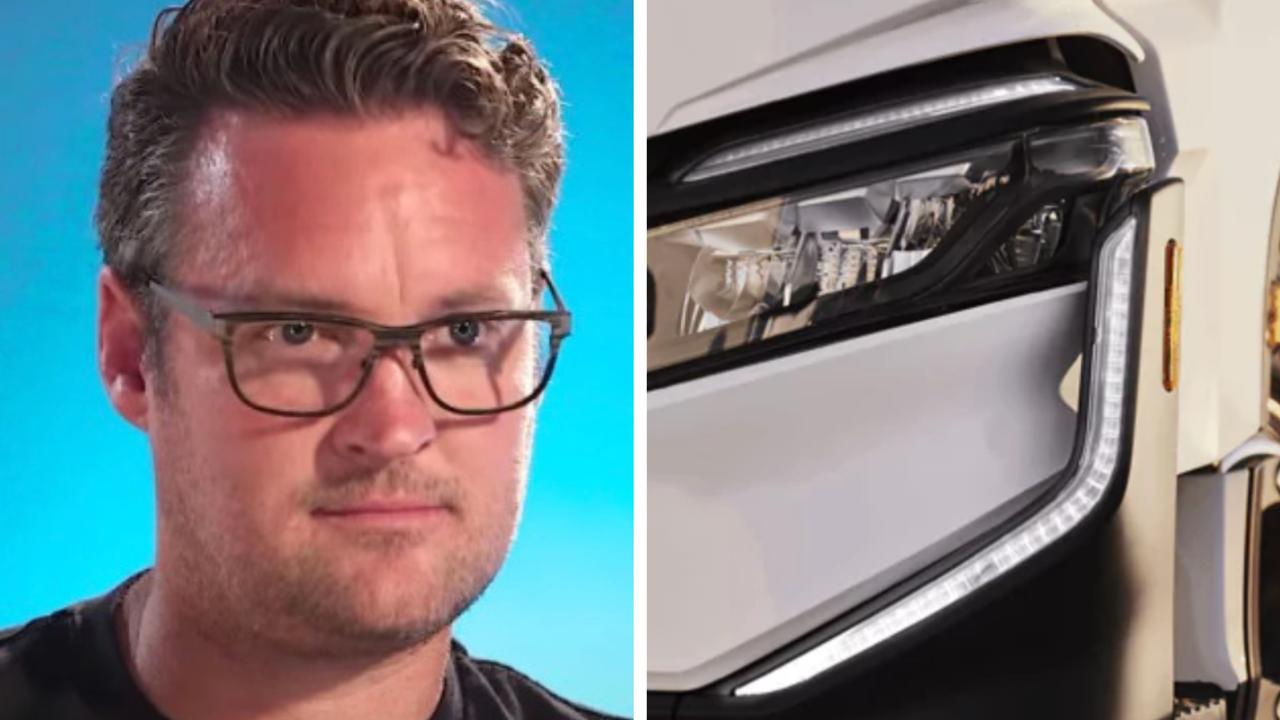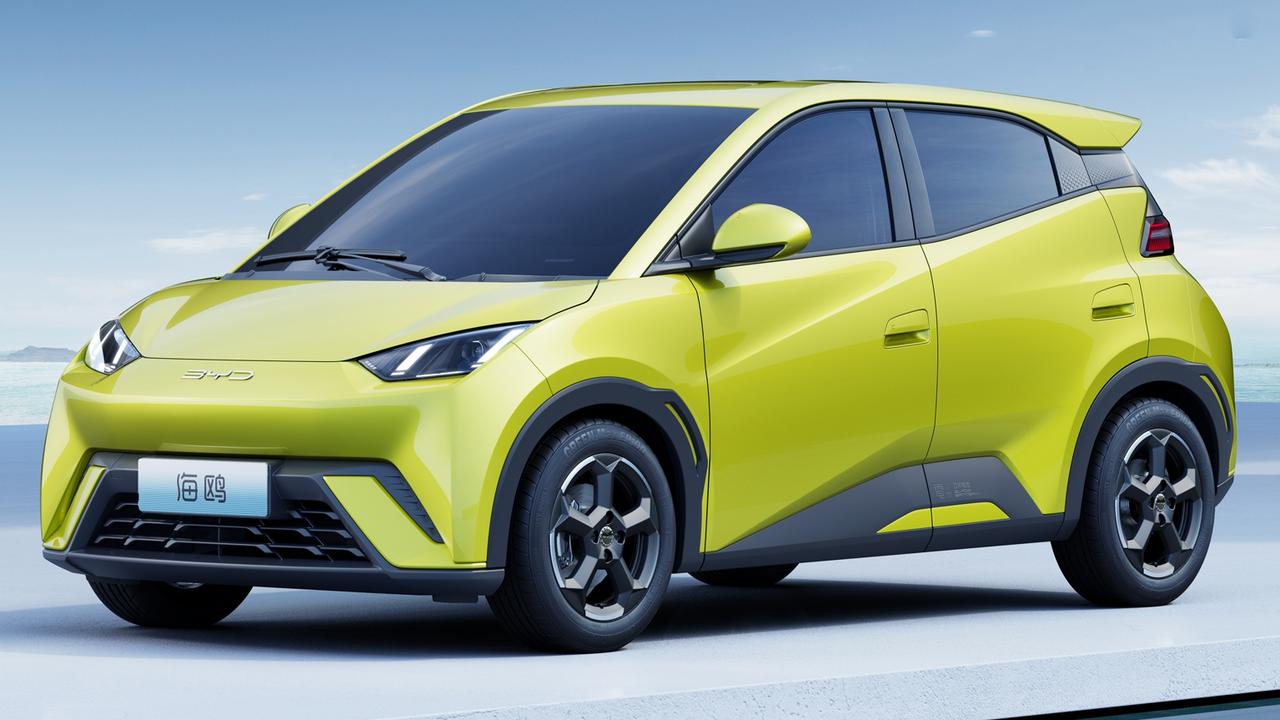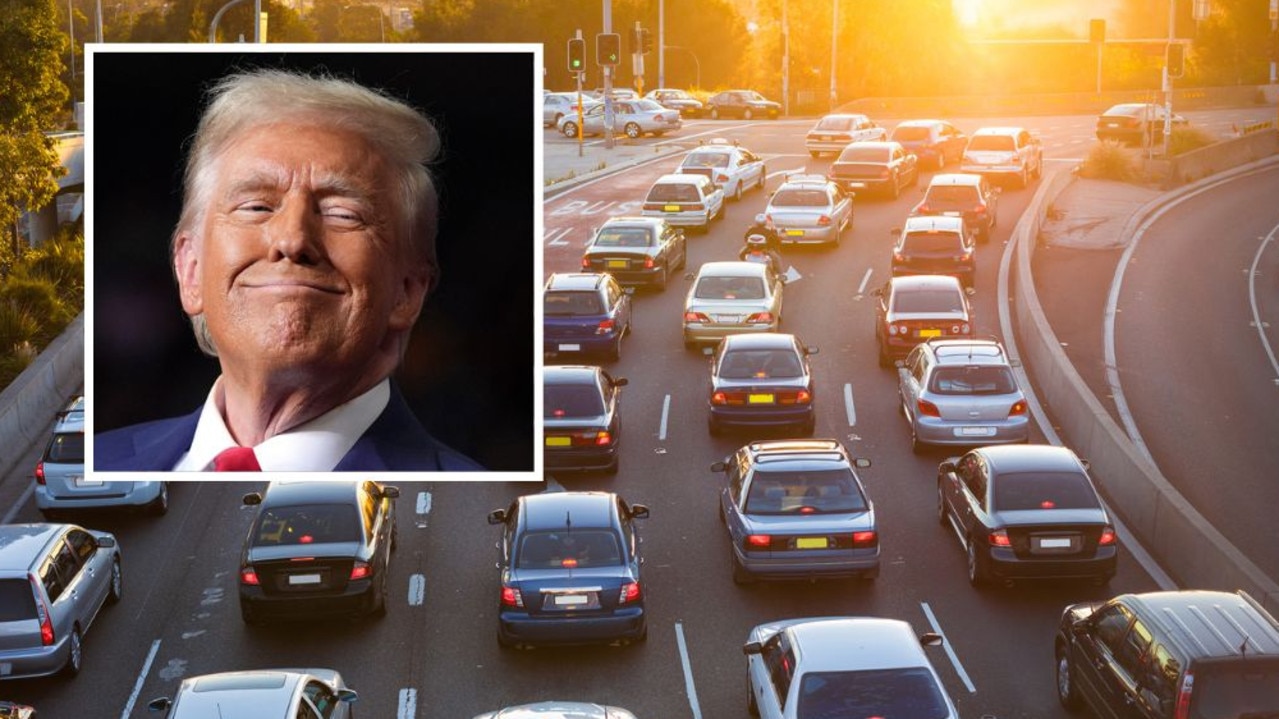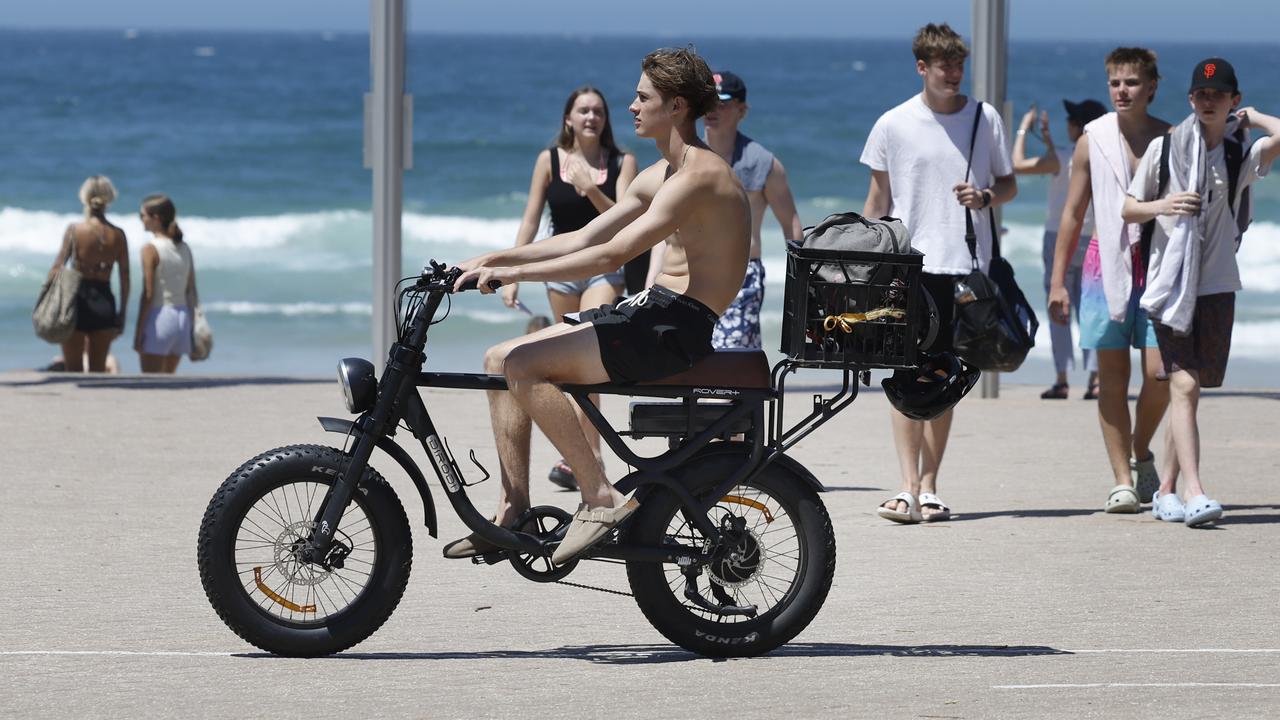Boom in diesel ute sales not good news for the environment
Recently released annual car sales figures underlined a worrying new trend that could have grave consequences for our long-term health.
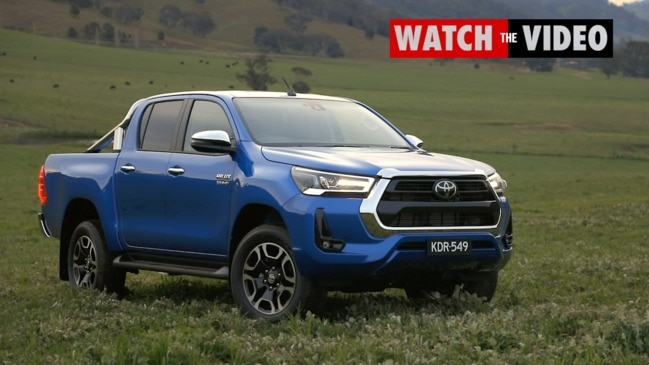
Motoring News
Don't miss out on the headlines from Motoring News. Followed categories will be added to My News.
COMMENT
Last year, for the first time, Australians bought more utes than traditional sedans, wagons and hatchbacks.
That doesn’t necessarily sound like a bad thing but it is. Why? Because nine out of ten utes are powered by diesel, which makes them about as healthy as a cigarette on wheels.
Diesel fumes have been linked to cancer, respiratory disease and impaired cognitive function in children, but continued warnings about the health effects have had little effect on our buying habits.
The Toyota HiLux has been the top-selling vehicle in the country for the past six years and for most of that time the Ford Ranger has been number two. In December there were four utes in the top ten selling vehicles. Toyota’s hulking Prado and LandCruiser off-roaders, which are predominantly powered by diesel, were also in the top ten.
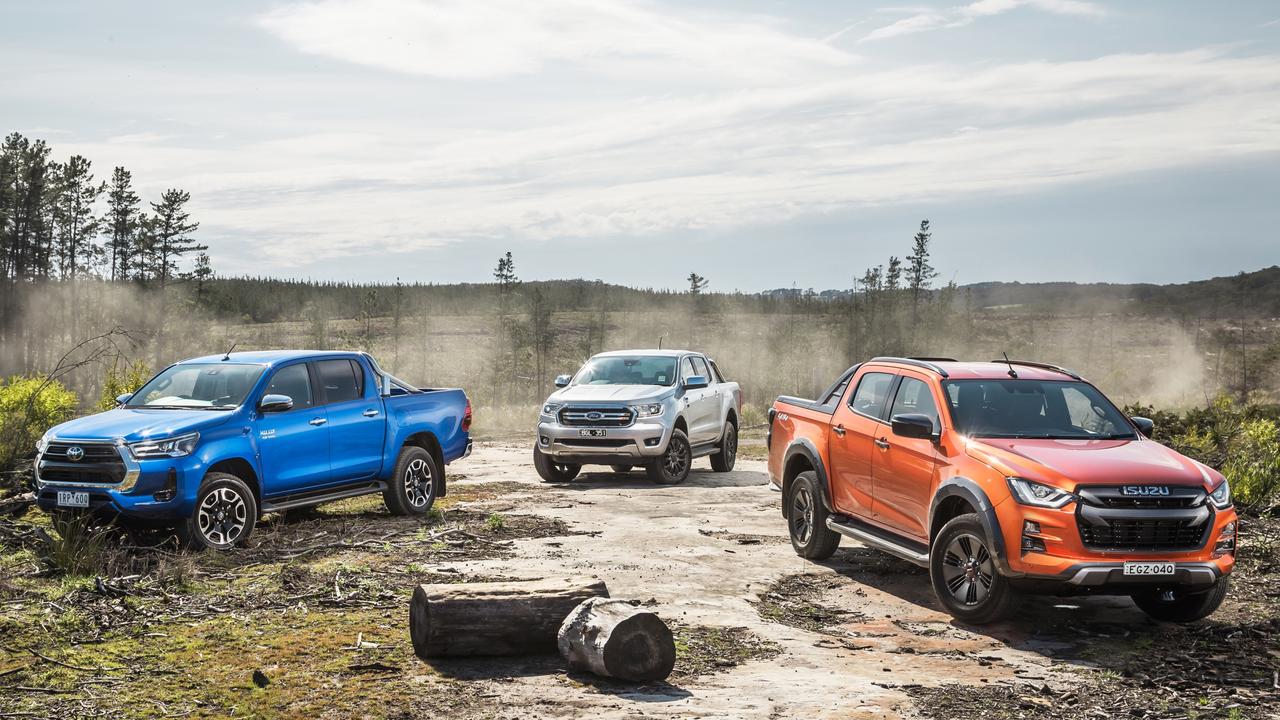
Roughly four out of every ten vehicles on our roads are powered by diesel, as it’s also a popular choice for SUVs, which are the dominant vehicles in the new-car market.
Unfortunately they produce more smog-forming pollutants than petrol cars.
Toyota has done a fantastic job successfully promoting fuel-sipping hybrid vehicles in Australia. It sold more than 65,000 last year, which is roughly a third of its total sales. No other manufacturer comes close to it.
But at the same time, it has dragged the chain on developing hybrid versions of the predominantly diesel LandCruiser, Prado and HiLux, which make up close to half its sales. There are still no concrete dates for the introduction of hybrid versions of any of these three, yet they are the dirtiest vehicles in the Toyota fleet.
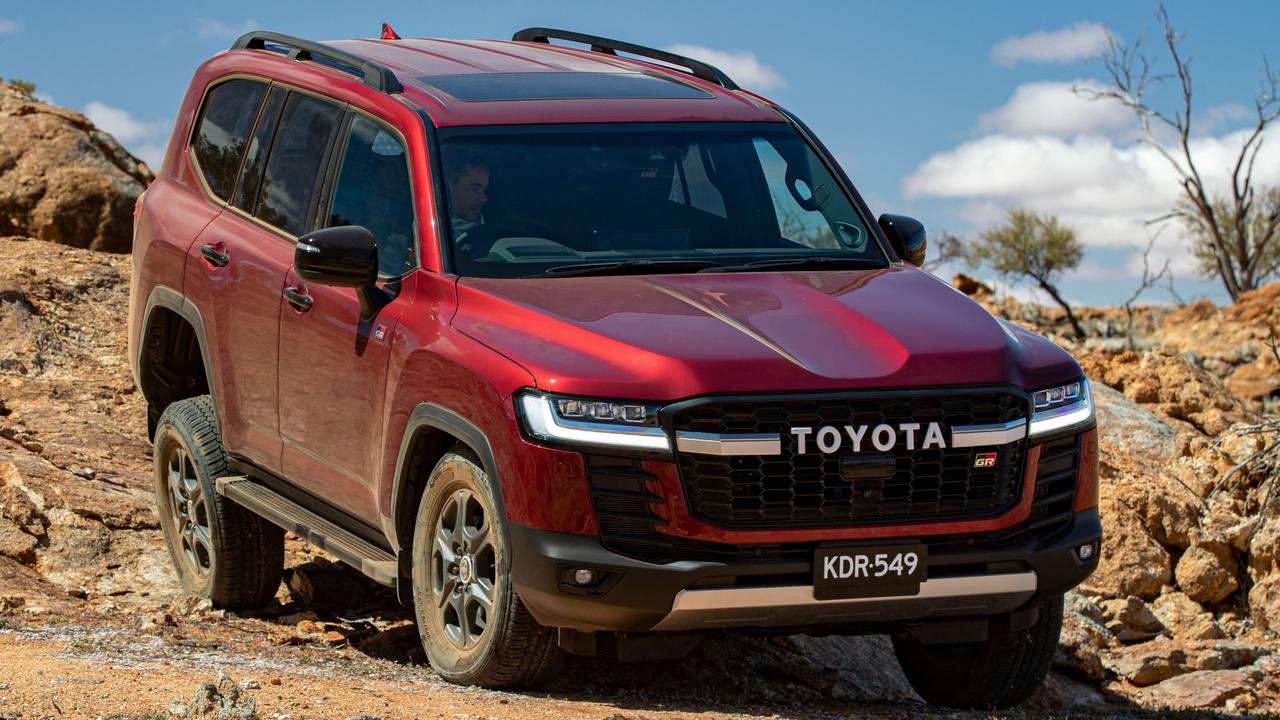
The brand says there are technical difficulties in developing hybrids that can survive the rigours of off-roading, but it’s been making hybrids for 20 years. Surely if hybrid off-roaders were a priority for the brand, we’d have them by now.
The car industry rightly points out that it makes the vehicles that buyers want and increasingly Australian buyers want to mimic US buying habits. We used to scoff at the American obsession with pick-up trucks, but now we’ve embraced it ourselves.
And the lack of a mandated CO2 target for the car industry means we’re free to indulge in bigger and bigger vehicles, regardless of the impact on the environment or the health of our children.
Utes used to be tool of trade vehicles for tradies and farmers, now they’re recreational vehicles for cashed up professionals with boats, caravans, dirt bikes and jet skis.
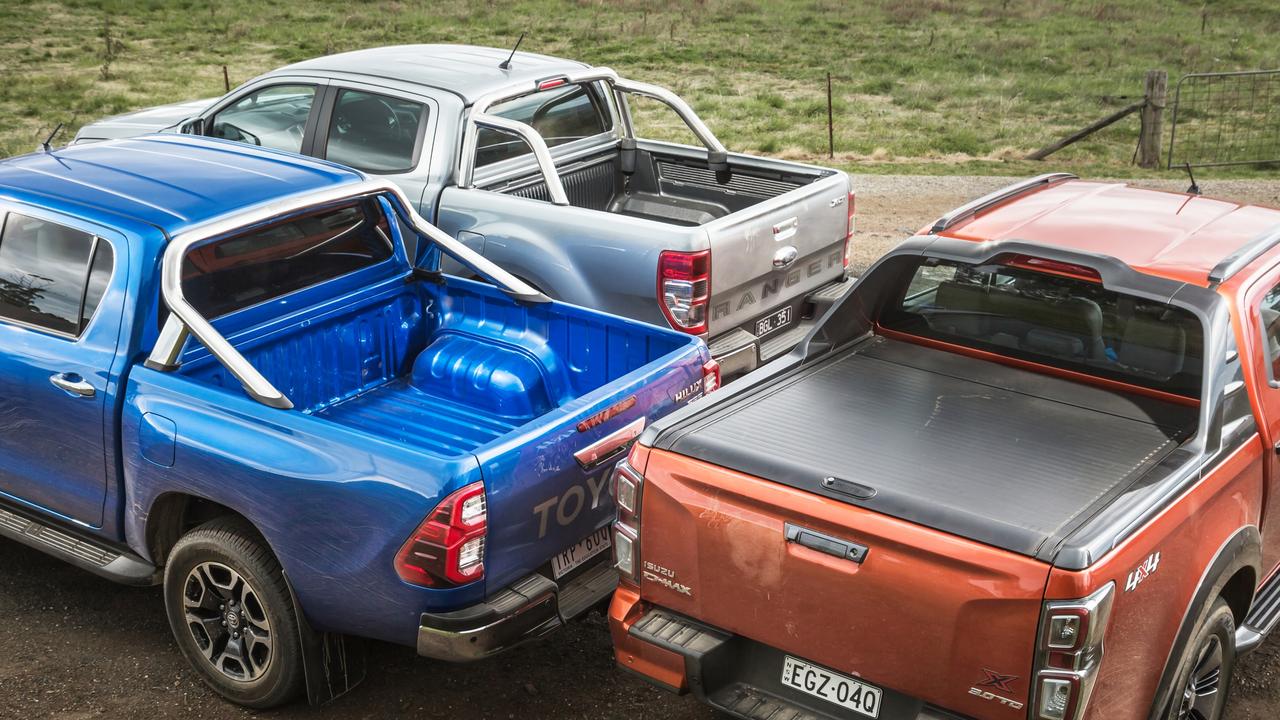
And don’t expect much to change when there is zero regulatory pressure on car buyers and the car industry alike.
Europe has had an enforceable, mandatory CO2 target of 95g/km for passenger cars since 2020. In contrast we have a “voluntary industry target” for passenger cars of 100g/km by 2030. That’s right, our lofty goal is to be more than a decade behind Europe.
What’s more laughable is the fact that goal doesn’t apply to utes or large SUVs, our most popular vehicles and our biggest pollution villains. That target is 145g/km by 2030.
Originally published as Boom in diesel ute sales not good news for the environment


